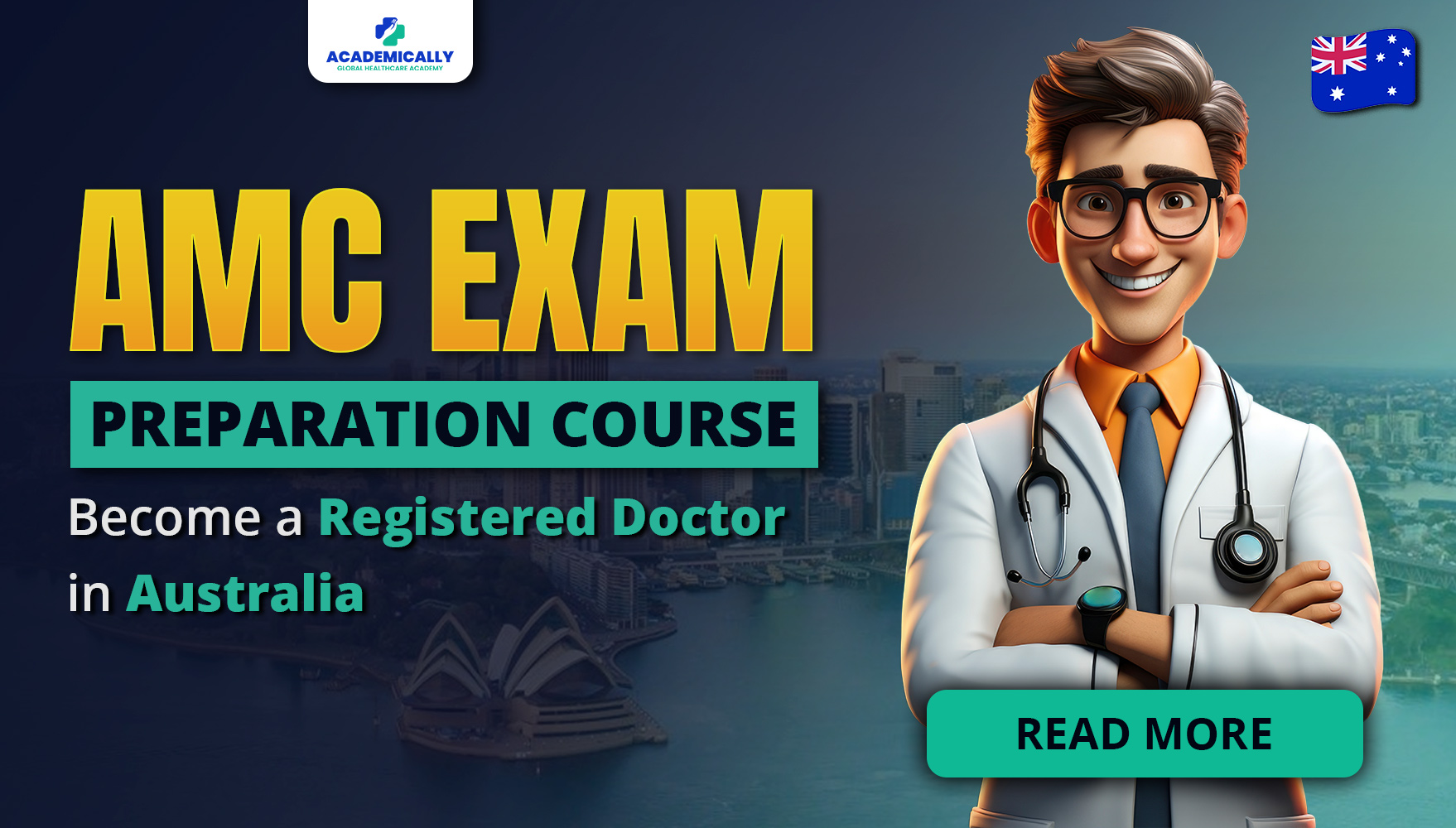Steps to Become a JMO in Australia
Step 1: Skills Assessment
This step involves assessing your medical skills and qualifications. Depending on the country or institution you're applying to, this assessment could include evaluations of your medical knowledge, clinical skills, and/or professional competencies. These assessments help you meet the required standards for practising medicine in Australia.
Step 2: English Language Proficiency (IELTS/OET/PTE)
Many countries require proof of English proficiency for medical professionals whose first language is not English.
The International English Language Testing System (IELTS), Occupational English Test (OET), and Pearson Test of English (PTE) are commonly accepted exams for this purpose. A minimum score set by the relevant medical regulatory body is typically necessary to demonstrate proficiency.
This test can be taken even after passing the AMC-1.
Step 3: Get EPIC/ECFMG Verification
International Medical Graduates (IMGs) must verify their medical qualifications by the Educational Commission for Foreign Medical Graduates (ECFMG) before registering.
ECFMG works with the Australian Medical Council (AMC) to validate the medical credentials of internationally trained physicians who aim to practice medicine in Australia.
Suppose you have graduated from a medical institution outside Australia and plan to register with the Medical Board of Australia or undergo a specialist assessment by an Australian medical college. In that case, it is essential to have all required credentials verified through EPIC as part of your application procedure.
Step 4: Clear AMC 1
"AMC 1" refers to the first part of this assessment series, which focuses on assessing fundamental medical knowledge. Clearing this assessment is often a prerequisite for further steps in Australia's medical registration and licensure process.

Step 5: Apply for the JMO role
After completing the necessary assessments and obtaining the required certifications, you can apply for Junior Medical Officer (JMO) roles.
Junior Medical Officers are typically entry-level positions for trained or newly graduated doctors. These roles provide valuable clinical experience and are often crucial in the medical career pathway.
Overview of the JMO Role
The JMO (Junior Medical Officer) role refers to entry-level medical professionals who have completed their basic medical education and are in the early stages of their medical careers.
JMOs typically work under the supervision of more experienced medical professionals. Their responsibilities can vary depending on the specific healthcare setting, but they often include:
- Direct patient care under supervision includes performing medical examinations, taking patient histories, and assisting with procedures.
- Participating in ward rounds and multidisciplinary team meetings to discuss patient management plans.
- Writing progress notes, orders, and discharge summaries of inpatient medical records.
- Responding to medical emergencies and providing initial assessment and management of acutely ill patients.
- Rotating through different medical specialties to gain exposure to various areas of medicine.
How to apply for a JMO role?
Once you have cleared AMC 1 and the English proficiency test, you can start by:
Search for Job Openings: Look for job vacancies advertised on various platforms, including hospital websites, government job portals, medical recruitment agencies, and professional networking sites.
Prepare Application Documents: Tailor your resume/CV and cover letter to highlight your relevant qualifications, experience, and skills. Include details about your medical education, internships, relevant work experience, certifications, and licenses.
Submit Applications: Follow the application instructions provided in the job postings carefully. Submit your application documents, including your resume/CV and cover letter, through the specified application method (e.g., online application form, email).
Attend Interviews: If shortlisted, you may be invited for interviews. Prepare for interviews by researching the hospital or healthcare facility, understanding the job role and responsibilities, and practising common interview questions.
Provide References: Be prepared to provide professional references who attest to your skills and suitability for the JMO position.
Final Words
Aspiring Junior Medical Officers (JMOs) can kickstart their career in Australia by passing the AMC Part 1 exam. They can begin working while concurrently preparing for the AMC Part 2 exam.
This approach allows individuals to enter the workforce sooner and gain valuable experience while completing their certification requirements, facilitating a seamless transition into the Australian medical system.
If you are planning to take the AMC exam, join Academically. Fill up this form for a free one on one counselling session.